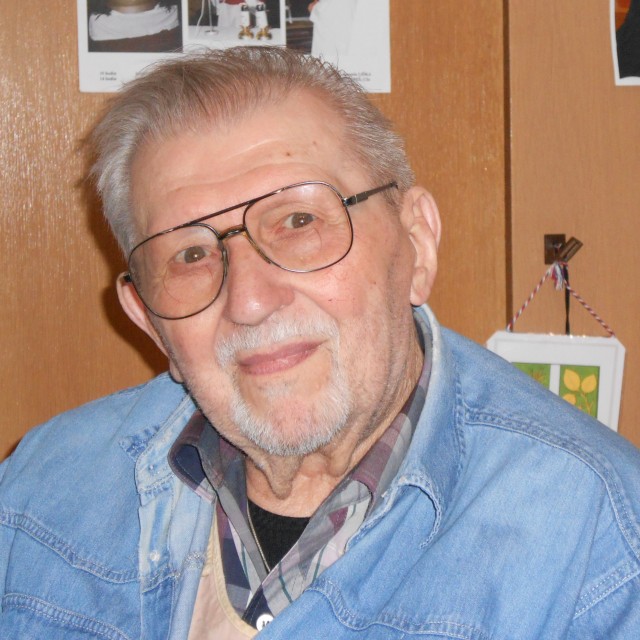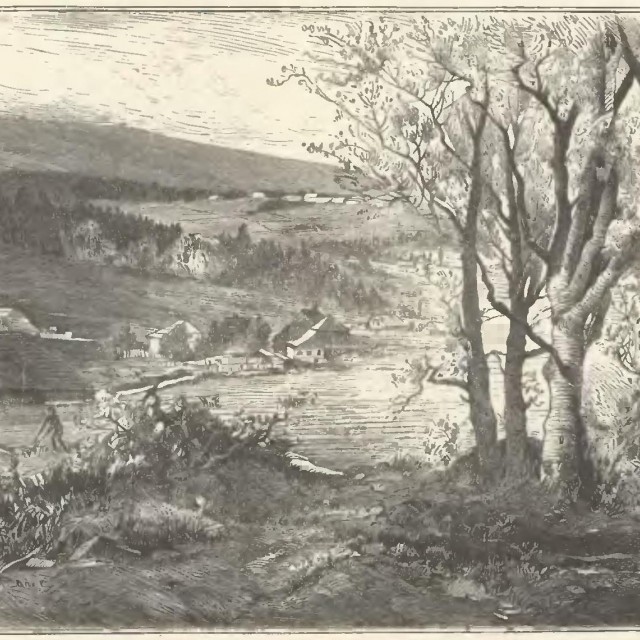The customs officer was unarmed, he had only a dog and a whistle
After Karel Fořt and his two priestly brothers had learned that the secret police was going to arrest them, they didn’t wait a second to head for the border on their motorcycles. They hid their bikes in the woods and proceeded on foot in the direction of Germany. They chose the area of Knížecí pláně Plains for their crossing. “One of us went ahead, so if he was caught, the others would still have the chance to escape. I was the one who went ahead and I arrived at a stream that actually formed the border. A doe jumped out of the bush and thus we knew that there were no border guards around. So we crossed the border and on the evening of that day we slept at Mauth at the Americans' place,” he recalled. While crossing the border in the woods near Knížecí pláně, it sometimes was a problem to know whether one had already crossed to Germany. Karel Fořt recalls that the three refugees recognized that they had reached their destination when they spied a German matchbox lying on a pile of timber: “We tried to get as far away from the border as possible. Suddenly someone whistled and it was a German customs officer who was unarmed – he only had a dog and a whistle.” He accompanied them to Mauth, where the Americans interviewed them and then they could stay at the local parish. They left the oppression of Czechoslovakia far behind.
Hodnocení
Hodnotilo 0 lidí
Trasy
Příběh není součastí žádné trasy.
Komentáře
Žádné komentáře k příběhu.



